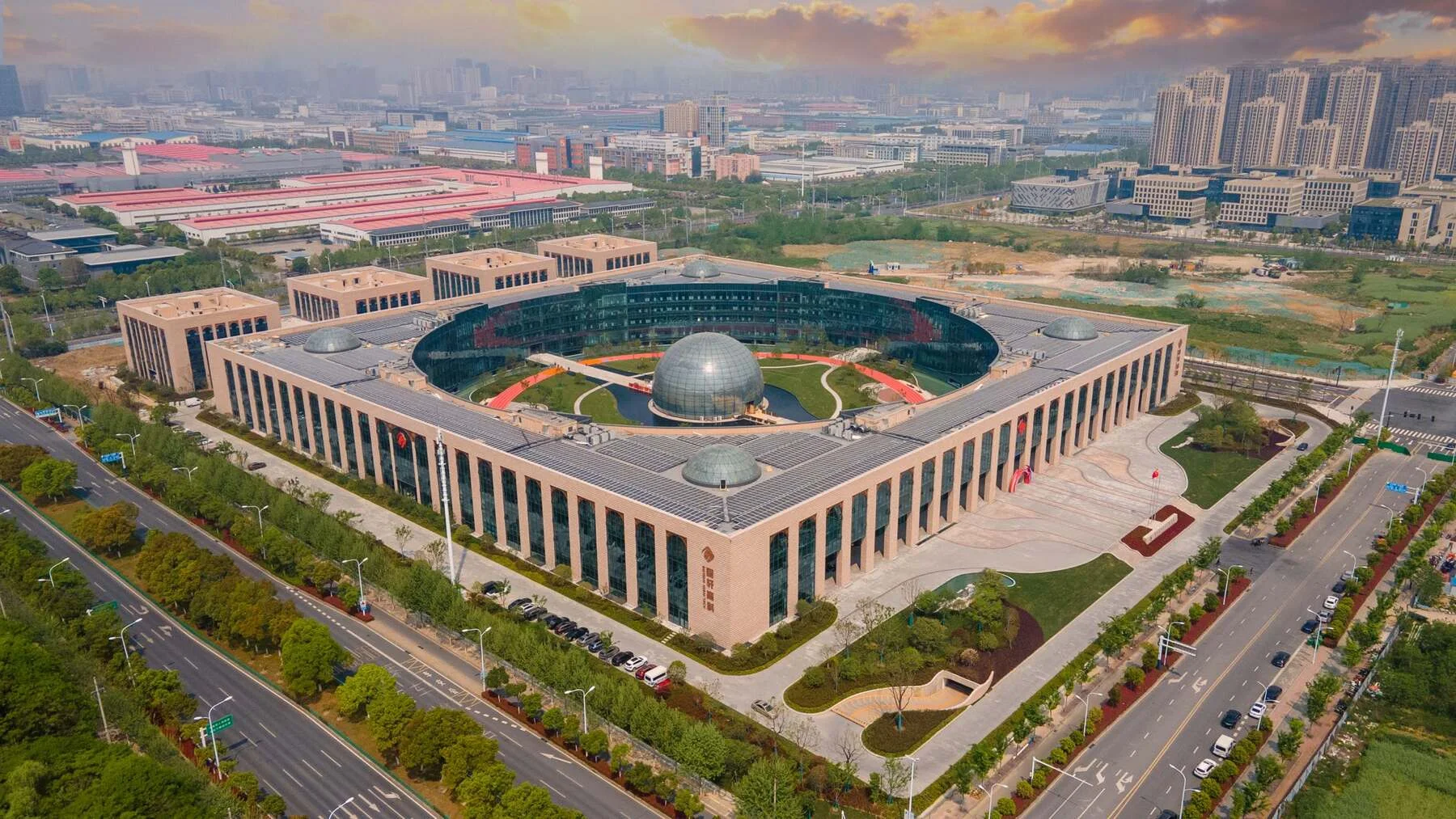In a significant shift for the electric vehicle (EV) industry, Gotion, a leading Chinese battery manufacturer, predicts that lithium-iron-phosphate (LFP) and lithium-manganese-iron-phosphate (LMFP) battery chemistries will dominate the global EV battery market within the next two to five years. Speaking at the ASEAN Battery Technology Conference in Singapore on August 21, Gotion's Asia-Pacific president, Cheng Qian, projected that these battery types could account for nearly 70 percent of the global market share, with the remainder being held by nickel-cobalt-manganese (NCM) batteries.
Qian emphasized that LFP battery technology is poised to take over the entire energy storage system sector, surpassing even the International Energy Agency's (IEA) forecast of 80 percent dominance. He attributed this trend to advancements in LFP battery range and the increasing demand for faster charging capabilities among EV consumers. NCM batteries, he noted, would be relegated to use in high-performance and ultra-long-range vehicles.
The transition has already begun to impact the nickel market and is gaining momentum among South Korean battery manufacturers. These companies are anticipating strong demand for more affordable EVs, driven by the cost-effectiveness of LFP batteries. Samsung SDI and SK On, for instance, are preparing to launch mass production of LFP batteries by 2026.
Adding to this momentum, LG Energy Solution (LGES) recently secured a contract to supply 39GWh of LFP batteries to Renault's EV division, Ampere, from its largest battery plant in Europe for the period 2025-2030. LGES is also planning to shift to LFP batteries for a U.S. energy storage project after initially supplying NCM batteries.
Expansion into Two-Wheeler Market
Gotion also predicts a significant shift toward LFP and LMFP batteries in the global two-wheeler EV market, which has been predominantly powered by NCM batteries. Cost reductions will be crucial for major two-wheeler markets in the Asia-Pacific region, including India, Indonesia, and Thailand, Qian noted.
India, which experienced a 30 percent surge in two-wheeler EV sales during its fiscal year 2023-24, reaching a record high of 944,126 units, is poised for further growth. Indonesia is similarly ambitious, aiming to deploy 2 million electric motorcycles by 2025, escalating to 13 million by 2030. The nation has introduced a $458 million subsidy program to incentivize electric motorcycle adoption.
The Philippines has also outlined its EV roadmap, emphasizing the lower upfront costs of electric tricycles and motorcycles as key drivers for EV adoption. The country aims to achieve a 50 percent share of electric motorcycles and tricycles by 2030, increasing to 60 percent by 2040.














 We publish to analyze metals and the economy to ensure our progress and success in fierce competition.
We publish to analyze metals and the economy to ensure our progress and success in fierce competition.
No comments
Post a Comment